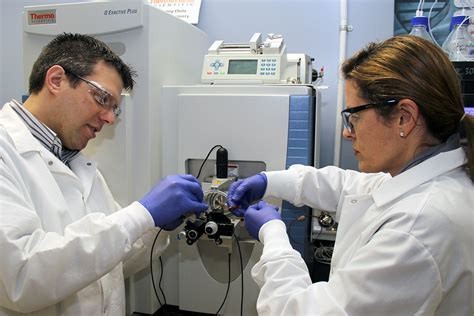Perthblog
What if exercise and brain training don’t help Alzheimer’s?

I recently read an obituary of someone the town in which I live. He had died from complications of Alzheimer’s at the age of 73. What had caught my attention and stimulated my curiosity was that he had been a runner.
I’m a runner too so I read the lengthy obituary just out of curiosity about the rest of his life, and yes, what sort of life had ended this way.
For many years he actually ran 6 days a week. That caught my attention since I also run 6 or 7 days a week, (with the occasional backslide when I travel or party too vigorously the night before). Remember that the experts tell us that if you run often, it delays the onset of Alzheimer’s. Hmmm, not in this case, at least not if you just look at the age he died. Strike one for the theory that Alzheimer’s is at least partly preventable.
This person had been an intellectual leader. For almost all his working life he had been a scientist, doing research in a major university, and also a teaching professor. This wasn’t someone who had reverted to just doing crosswords to keep his brain busy. He had gone the whole hog and beyond.
The experts tell us that if you keep your brain busy it will at least tend to delay the onset of Alzheimer’s, even if it doesn't prevent it. However there’s now been evidence, including from the government, that brain exercise products, at least ones sold commercially, just don’t work. Strike 2.
The obituary recounted this person’s extended family, his engagement with it and his numerous contributions not only as a father, but also as an engaged member of a church group. This was a good and giving man, more than just fully socially engaged. The experts also tell us that social engagement is another prophylactic strategy for Alzheimer’s. Again, not in this case, at least at first blush. Strike 3.
It wasn’t too long ago (13 January 2018) that I posted about the lack of progress by pharmaceutical companies in developing an effective drug against Alzheimer’s (“We urgently need a Manhattan Project for Alzheimer's!”). I opined that we needed a new approach to the problem, fresh thinking, indeed outside of the box, and yes, some fresh people in the NIH dealing with it.
Unfortunately the situation hasn’t changed but coincidentally or not the NIH seems to have very recently changed its thinking on the strategy to combat the disease (“New biological research framework for Alzheimer’s to spur discovery.”). And there has been a potential big advance in dissolving plaques, although there have been so many of these that haven’t worked out that you have to take that one with a big dose of salt.
So why even post about this obituary I just described? The reigning meme has been pessimistic generally about Alzheimer’s, but has held out the hope, that it supported with extensive research findings, that a lot of vigorous exercise, coupled with lots of brain activity, and with lots of social engagement, can at least give you a reprieve, even if its temporary. The case of this person in the obituary seems to cast a lot of doubt on this this hope.
I’m an inveterate and huge optimist, so this is not going to stop me running (until my knees or something else gives out anyway). And it’s not going to stop me writing on exercise as a palliative because there’s probably enough evidence to say that it will help in some cases.
Maybe the person who was the subject of this sad obituary did everything right but just had that bad gene on chromosome 19, called the APOE gene, which is linked to later-stage full-fledged Alzheimer’s. So it doesn’t necessarily mean these nostrums have no effect if you don’t have that gene.
But as much as it pains me to be a messenger of bad tidings, I’m not going to stick with the notion that you can be saved by doing all these good things if it’s not true at least in some cases. We have to be realistic and stick to the empirical data. If we do that we will have the data we need to at least make a clinical call on the chances of preventive measures actually being at least partly effective.
What this all shows is how little we all have to hang our hat on in the search for a solution to Alzheimer’s and how much more yet needs to be done to get this done. Sure, the NIH seems to have hauled itself up a notch, but my betting is that it’s still the same people organizing the climb. In my post I said we need some out-of-the-box thinkers involved, not the same-old same-olds who have been leading the work for the last umpteen years.
The new announcement by the NIH just refers to the development of a new framework. That sounds suspiciously to me like bureaucratese for keeping on the same track with the same people and the same lack if new thinking.
You know that they say about insanity: “Doing the same thing again and again and expecting a different result”.
We’re there.
When you subscribe to the blog, we will send you an e-mail when there are new updates on the site so you wouldn't miss them.
